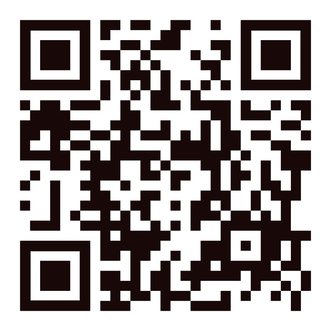Avoid Scams and Disinformation Online
In the digital era we live in, the Internet has become an invaluable tool for accessing information, connecting with others, and conducting transactions. However, we must also be aware of the dangers and challenges that can arise when navigating this vast virtual ocean. In this article, the second in the framework of our contribution to the ConnectAK campaign, we will provide you with some key tips to safely navigate the Internet and protect yourself from scams and falling victim to misinformation.
First and foremost, it is crucial to be cautious about the information you come across online. With the proliferation of social media platforms and websites, it is easy to stumble upon false or misleading content. Before sharing any information, make sure to verify it with at least three reliable sources. Trusted sources often provide clear and verifiable evidence to support their claims. Additionally, avoid sharing information that uses inflammatory language or lacks solid scientific backing. This can take the form of referencing academic studies, expert comments, or citing reputable articles. Furthermore, you need to be aware of online scams that can take various forms. If an opportunity seems too good to be true, it is likely false. Stay alert and do not fall into traps promising quick and easy gains. Before providing personal information or engaging in online transactions, verify the authenticity of the websites and companies involved. Use secure sites with SSL (Secure Sockets Layer) security certificates and seek opinions from other users to assess the reputation and reliability of a platform or service. Additionally, be cautious on sites like LinkedIn, where some scammers pretend to offer job positions and begin charging money during the interview process. In the field of cybersecurity, links and downloads can pose significant risks. Avoid clicking on suspicious links or those from unknown sources. Malicious links can redirect you to fraudulent websites or infect your device with malware. Similarly, exercise caution when downloading files from the Internet. Make sure to use reliable sources and verify the authenticity of the file before opening it. Keeping your antivirus software up to date is also essential to protect yourself against online threats. Do not believe everything you see online, especially when it comes to images. With the advancement of technology, it is possible to manipulate images and create false content using artificial intelligence. When encountering striking or sensational images, it is advisable to perform additional verification before sharing or relying on their authenticity. Use reverse image search tools to check if the image has been used in other contexts or if it has been altered. We all have the right to high-quality internet access and the skills to navigate safely in the digital age. Help us understand the status of internet access in the Alaska Latino community by filling out the survey at the link below or scanning the QR code. Fill out the survey at this link: https://forms.gle/p1qD6iiBggKg1ZFx7 |


